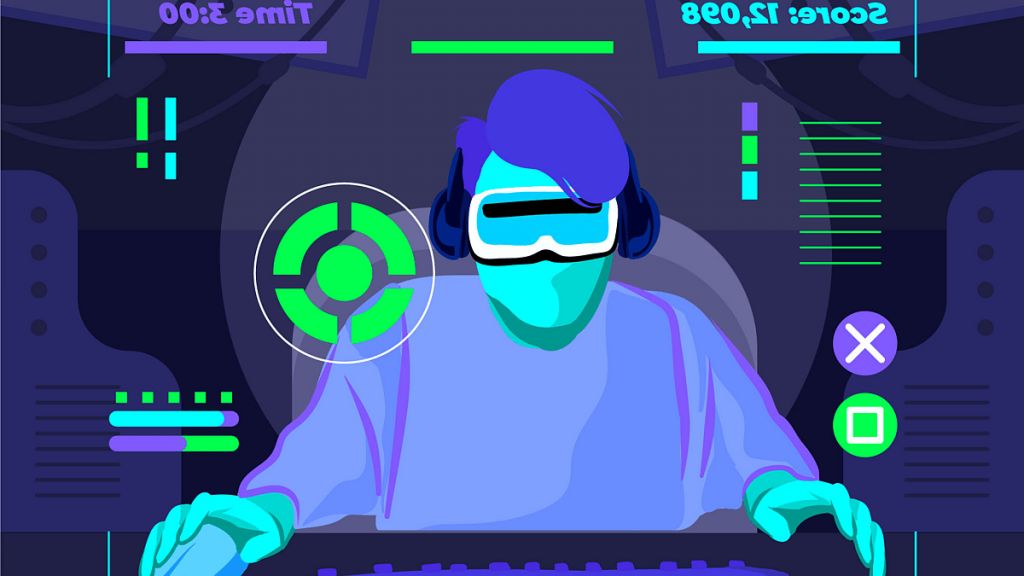
The advancement and adaption of artificial intelligence (AI) has seen quiet a popularity. Now after enhancing almost every sector, AI is also fund to upgrade the gaming sector.
In conversation with Free Press Journal, Pravan Parikh, Co-Founder & Product Lead, Dirtcube Interactive LLP, on how AI can simplify backend jobs for game developers.
How Specter is different from other backend solutions for game developers?
Specter consolidates player management, tournament and leaderboard tools, economy management, achievement systems, LiveOps, and more into a unified platform. Unlike fragmented solutions, Specter’s modules are designed to work natively with each other, eliminating the need for complex integrations. This drastically reduces engineering overhead and accelerates development, providing studios with a seamless, end-to-end solution from day one.
What challenges in game development does Specter aim to address?
At Specter, we aim to address the below-mentioned challenges in the game development ecosystem:
High Costs & Long Development Timelines: Building a custom backend requires significant resources and months of development.
Integration Overload: Specter unifies these core functions, reducing the operational burden of managing multiple vendors.
Cross-Platform Complexity: Supporting PC, console, and mobile platforms demands a backend that synchronises player data seamlessly.
LiveOps & Continuous Updates: Running live events, seasonal content, and new challenges requires robust LiveOps tools.
Compliance & Real-Money Gaming (RMG): Managing real-money transactions and compliance with tax regulations can be complex. Specter’s built-in RMG features, including compliance tools, simplify entry into this space while ensuring regulatory adherence.
With the growing interest in gamification, how is Specter helping brands & platforms innovate in these spaces?
Specter’s LiveOps tools also enable rapid deployment of challenges, rewards, and mini-events without requiring an extensive backend overhaul. This flexibility allows brands to experiment with gamified user experiences, keeping audiences engaged while utilising the same robust infrastructure that supports full-scale games.
What are the future development plans for Specter?
Our vision for Specter is to evolve into an adaptive, AI-powered backend that enables studios to respond dynamically to player behaviour. The goal is to lower technical barriers for game developers, allowing them to focus on crafting exceptional player experiences rather than wrestling with backend complexities.